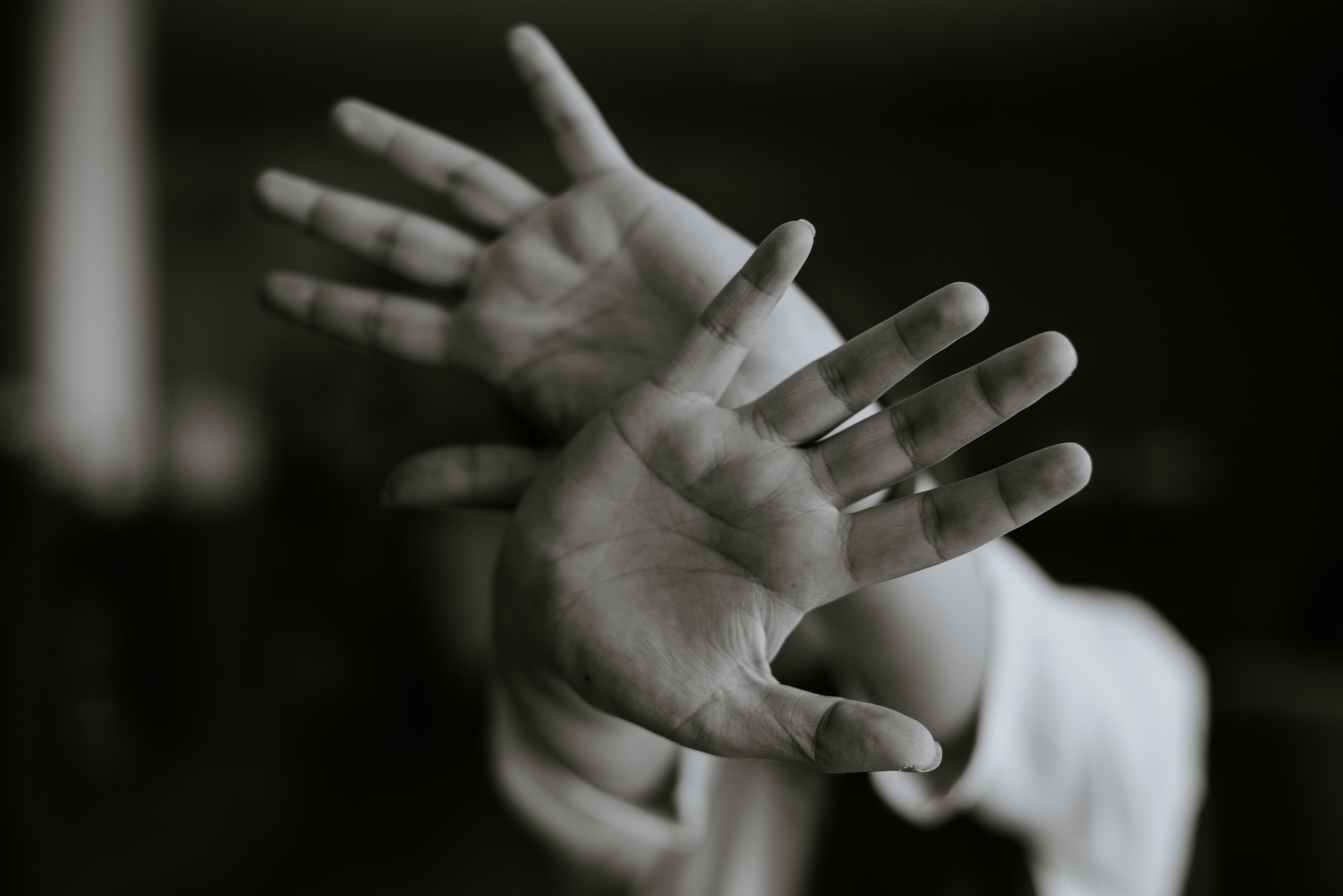Building a More Inclusive Peace: Women’s Leadership in Libya’s Peace Efforts

In Libya, there’s a growing effort to promote the role of women in peacebuilding and leadership. Spearheaded by diverse organizations and community groups, this movement is tackling various obstacles that have previously limited women’s active involvement in maintaining peace.
Libyan women have been essential in upholding social harmony and unity, frequently in informal capacities. Their contributions vary from persuading relatives, entering areas typically off-limits, to mediating conversations among distinct groups. One notable instance involved a woman deciding against avenging her husband’s demise, thereby averting possible violent conflicts.
Despite their critical contributions, women still face systemic exclusion from key roles in enhancing social cohesion and security. The absence of women’s voices in peace efforts can lead to the neglect of their specific needs and a loss of valuable perspectives and networks they could contribute.
Social Peace Partnerships: A Platform for Change
Social Peace Partnerships (SPPs) are leading the transformative efforts in Libya. These collaborative groups bring together a wide array of local figures such as representatives from local governance, leaders in civil society, elders, community heads, and entrepreneurs, all driven by a common goal of achieving a secure and inclusive Libya.

Since 2013, the Peaceful Change initiative (PCi) has played a crucial role in bolstering the skills of those involved in SPPs. They offer specialized training to address community challenges and create sustainable solutions for conflict, while also nurturing constructive interactions between local communities and governing bodies.
Advancing Women’s Roles in Peace Efforts
A key focus of PCi’s work is promoting women’s inclusion in peacebuilding. Women now represent 39% of members in all Social Peace Partnerships, actively participating in planning and implementing activities. Some have even ascended to leadership roles, such as Chairperson positions.
These partnerships have nurtured women’s leadership skills in various areas, including peacebuilding, crisis management, local development, and governance. Women-led initiatives, addressing specific female perspectives and needs, have been crucial in changing male peers’ perceptions about the necessity of women’s participation.
Transforming Perceptions and Amplifying Women’s Voices
To alter societal views on women’s roles, SPPs emphasize amplifying the stories of women leaders in peace and social initiatives. These efforts aim to inspire a diverse range of women, motivating them to envision and pursue active roles in their communities.
An example is Khadija from Ubari, who, after attending a peacebuilding workshop, founded the Noor Al-Alam Centre. This center provides psychological support to children affected by conflict and serves as a communal hub for various groups.
In regions with restrictive social norms, SPPs have successfully built trust with local actors, enhancing acceptance of women’s roles in peacebuilding and decision-making. This increased acceptance is evident in the growing number of male members who advocate for women’s inclusion.
Ongoing Impact and Future Directions
Social Peace Partnerships continue to play a crucial role in shifting the role of women in sustaining peace in Libya. Their persistent efforts are documented in a comprehensive report that encapsulates a decade of integrating gender into peacebuilding programs in Libya, providing valuable insights and lessons learned.
As these initiatives progress, they not only empower women but also strengthen the fabric of Libyan society, paving the way for a more peaceful and inclusive future.
©globalpeacemovement.org
